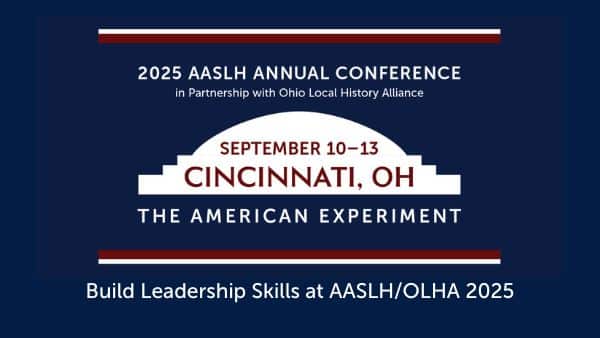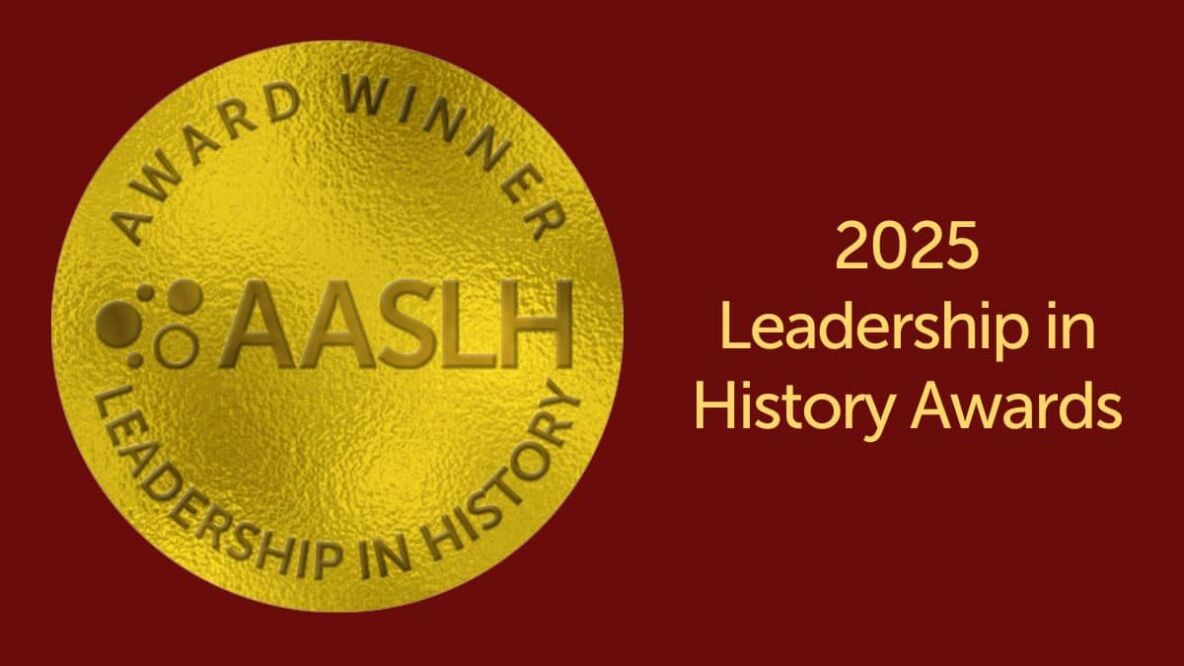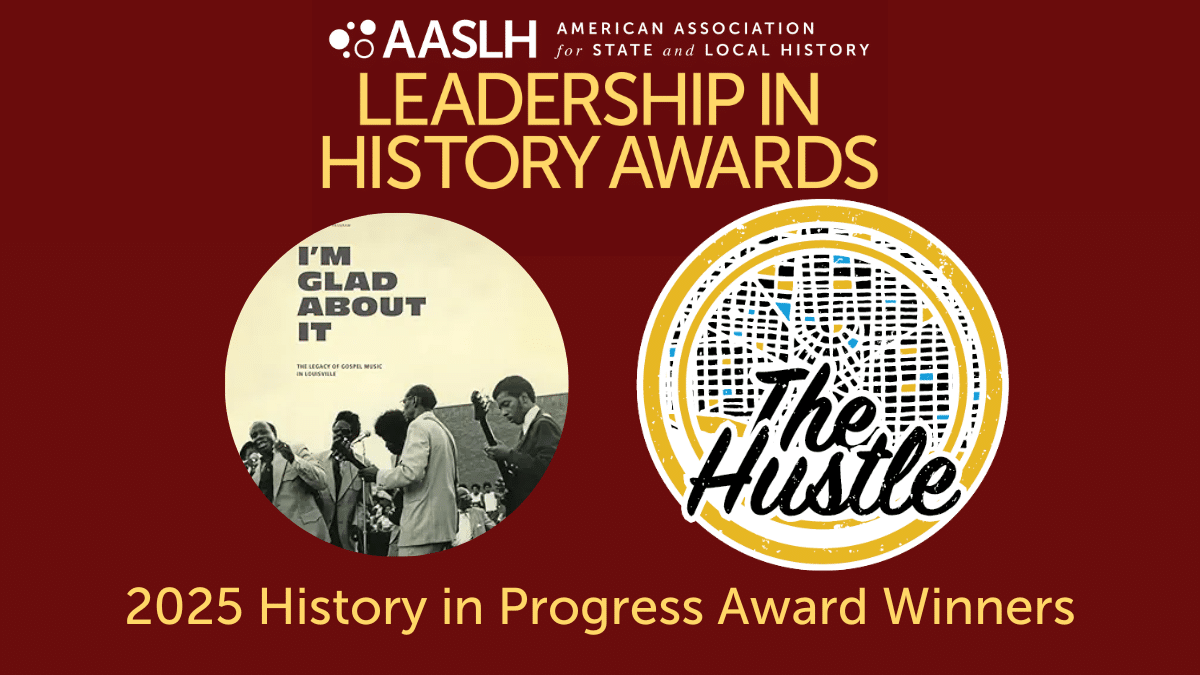
“Celebrating Black History at the University of Idaho,” a traveling exhibition.
By Dr. Sydney Freeman, Jr., Full Professor at the University of Idaho (UI) and Founder and Chief Research Scientist of the UI Black HIstory Research Lab
How does a Black person write about one’s cultural history in a national context that is anti-Black and seeks to diminish and erase their history? How does a Black person engage in the chronicling of the contributions of Blacks in a state context where writing about that history can be pejoratively called “woke” or “politically correct” scholarship? And how does a Black historian write about the historical experiences within a state and local context when lobby groups target faculty by writing reports and sending it to the state legislature to intimidate them? These are the questions that scholars like myself must ask ourselves everyday as we advance rigorous historical scholarship that often is made invisible.

Dr. Sydney Freeman giving a talk.
Not only do those who engage in such research have to think about the national and state context in which they do their work. They also must be careful to consider both the local and institutional context. How do you write about the history of Blacks in a university context, when the school’s mascot represents and celebrates the theft and piledging of kingdoms in North Africa? Some local Native American tribes might argue that the mascot’s name aptly applies and accurately speaks to how their ancestors’ land and people were plundered and now used to house a university community. How do you navigate writing about the historical experience of Blacks at a university when its history includes an institutional employee wearing a Klu Klux Klan robe while seeking to intimidate their Black Student Union membership? How do you write about the institution’s contemporary history when Black students come to you crying over experiences with being called the N-word and seeing their white colleagues dress in Black face? And write about Black history in a community where the one of the most influential religious leaders wrote:
“Slavery as it existed in the South was not an adversarial relationship with pervasive racial animosity. Because of its dominantly patriarchal character, it was a relationship based upon mutual affection and confidence. There has never been a multi-racial society which has existed with such mutual intimacy and harmony in the history of the world.”
Southern Slavery As It Was (Doug Wilson and Steve Wilkins, Canon Press, 1996)
I have learned that within such circumstances you must live out the words of my university’s motto which is to be Bold, Brave, Unstoppable and I would add unapologetically Black. Below I will share with you how this strategy has allowed the Black History Research Lab (BHRL) to successfully engage in historical scholarship that has led to institutional change and transformation.
Be Bold: In 2021, we were bold enough to challenge the institutional leadership to invest resources in a historical project that would chronicle the contributions of Blacks at the institution. And were bold enough to leverage those initial $10,000 to create and launch BHRL.
Be Brave: In 2022, we were brave enough to partner with our university library, history department, and College of Education, Health, and Human Sciences to create a Black history exhibit that told many unknown stories of the contributions of Blacks to the institution. This bravery led to a partnership with the athletics department to finally retire the number of Vandal alum and football great Ray “Thunder” McDonald; help reestablish the Black/African American Cultural Center; create a traveling exhibit that has been taken across the state that tells the story of Blacks at the university; and launch BHRL and Blacks at the University of Idaho historical archive and repository websites.
Be Unstoppable: In 2023, even amongst the backlash to diversity, equity, and inclusion efforts launched nationwide and felt institutionally, BHRL knew that we were unstoppable. That is evidenced by us completing both a digital and print version book titled, The Seminal History and Prospective Future of Blacks at the University of Idaho, and now completing development of the complementary open-access course.
Be Unapologetically Black: In all rigorous historical scholarship that we have engaged in we have been sure to use an Afrocentric approach centering the stories and lived experiences of Black people. We have uncompromisingly ignored the white gaze (assuming that something is being written for and on behalf of white people). We have avoided a deficit approach to looking at the history of Blacks at the institution but taken an approach that centers Black flourishing and thriving.
In conclusion, there is often the assumption that there is no Black history in regions such as Idaho. I would challenge you, my historian colleagues, not only to seek to uncover such rich history related to your own areas and spheres of research. But do it boldly, bravely, unstoppingly, and unapologetically.
Editor’s Note: The University of Idaho’s Black History Research Lab has been recognized with a 2023 AASLH Leadership in History Award. These awards will be presented on Friday, September 8 at noon at the 2023 AASLH Annual Conference in Boise. The awards presentation includes lunch and the lunch is included with conference registration. To learn more about Black histories in Idaho, join the “A More Complete Story: Exploring the City of Boise’s African American History” tour on Saturday, September 9 from 8 a.m. – 1 p.m. The pre-registration deadline for the conference is Friday, August 18. AASLH members receive the greatest discount. After this date, registration rates increase to full prices and registration will only be available in Boise.



